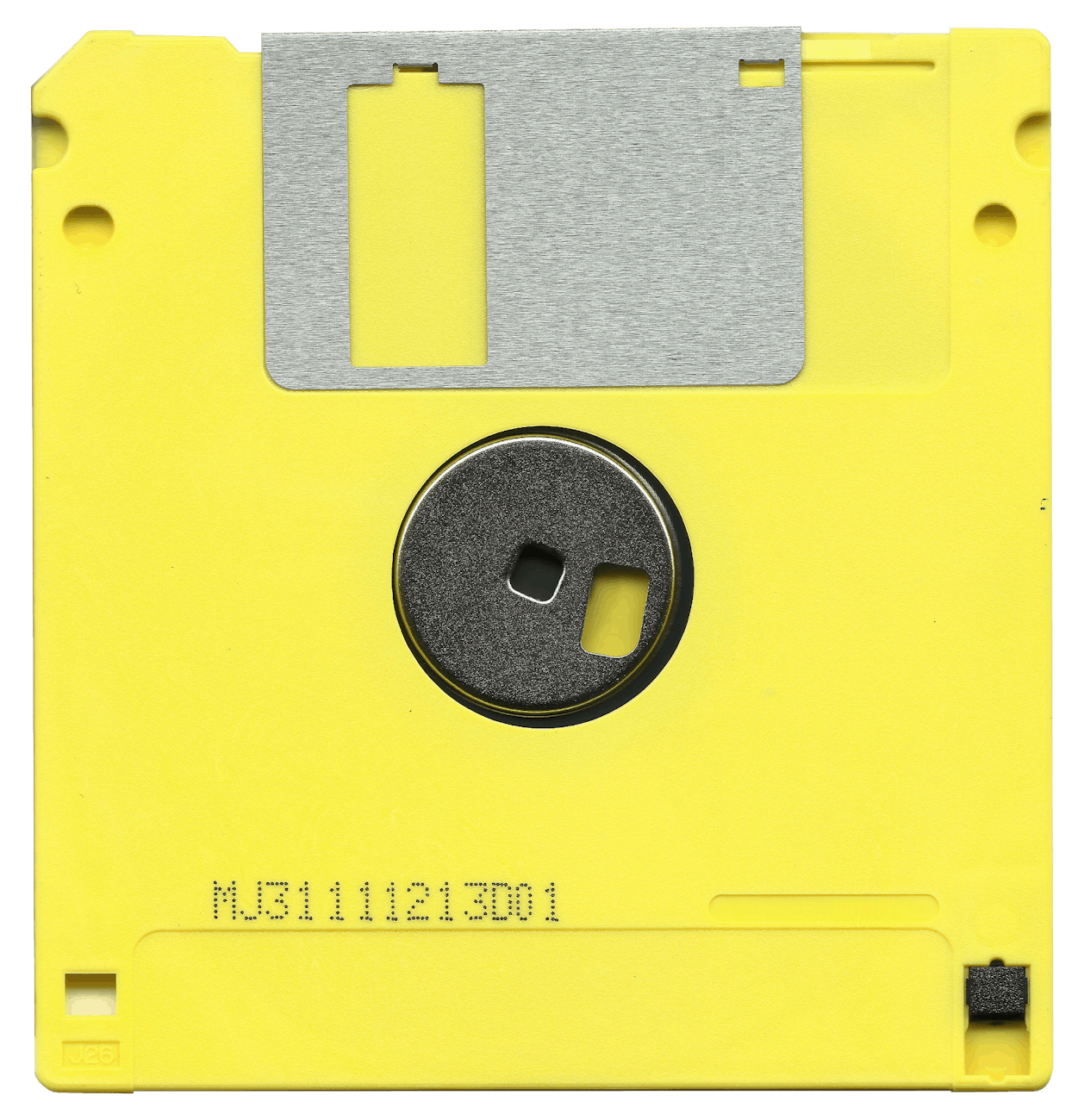Biotechnology is a way of using living things, such as plants, animals, and tiny cells, to help solve problems and make useful products. It combines biology, which is the study of living things, and technology, which is the use of tools and machines. People use biotechnology in many areas, including medicine, farming, food, and even cleaning the environment.
Although biotechnology sounds like a new idea, humans have used it for a very long time. For example, when people made bread by using yeast, or when milk was turned into cheese, they were using simple biotechnology.
How Does Biotechnology Work?
Biotechnology works by using parts of living things. These parts can be cells, genes (which are instructions inside living things), or enzymes (which help chemical reactions happen). Scientists use special tools to study these tiny parts and then use what they learn to make new products or improve old ones.
Some tools scientists use include:
- Microscopes to see tiny cells and bacteria.
- Centrifuges to separate different parts inside cells.
- Machines that copy DNA to help study genes better.
By studying these tiny parts, scientists can make medicines, improve plants, and find new ways to clean the earth.
Where Is Biotechnology Used?
1. Medicine
Biotechnology helps doctors make medicines like vaccines and insulin, which is important for people with diabetes. Scientists also use it to learn more about diseases and create new treatments. For example, vaccines for diseases like COVID-19 were made using biotechnology. This helps protect people from getting sick.
2. Farming
Farmers use biotechnology to grow crops that can survive better in harsh weather or fight off pests. These crops may need less water or fewer chemicals to grow. Biotechnology can also help animals stay healthy.
For example, seeds can be made to grow plants that survive in dry places or salty soil. This helps farmers produce more food.
3. Food
Biotechnology makes food safer and better. It helps food last longer on shelves and can add more vitamins and nutrients. A common example is how good bacteria are used to make yogurt. This process helps turn milk into tasty and healthy yogurt.
4. Environment
Biotechnology can also help clean the environment. Special bacteria and plants can remove pollution from water and soil. This process is called bioremediation. For example, when there is an oil spill, scientists use microbes to break down the oil and make the area safe again.
Is Biotechnology Safe?
Biotechnology is very useful, but it must be done carefully. Scientists follow strict rules to make sure that new products and medicines are safe for people and the environment. Many countries have laws to protect everyone and to make sure biotechnology is used in a good way.
Careers in Biotechnology
If you enjoy science and want to help people or the planet, biotechnology is an exciting field to explore. There are many jobs available, such as:
- Biotech scientist: Studies cells and genes to learn new things.
- Medical researcher: Works to find new medicines and treatments.
- Agricultural scientist: Helps farmers grow better crops and raise healthier animals.
- Lab technician: Assists with experiments and testing in laboratories.
To prepare for these jobs, students should focus on subjects like biology, chemistry, and math. Later, they can study biotechnology or related subjects in college or university.
Final Thoughts
Biotechnology is an amazing way to use nature’s power to solve important problems. It helps produce better food, fight diseases, and keep the environment clean. This science touches many parts of our daily lives.
As biotechnology grows, it offers many chances for new discoveries and jobs. If you like science and want to make a positive difference in the world, learning about biotechnology can be the first step on an exciting journey.



